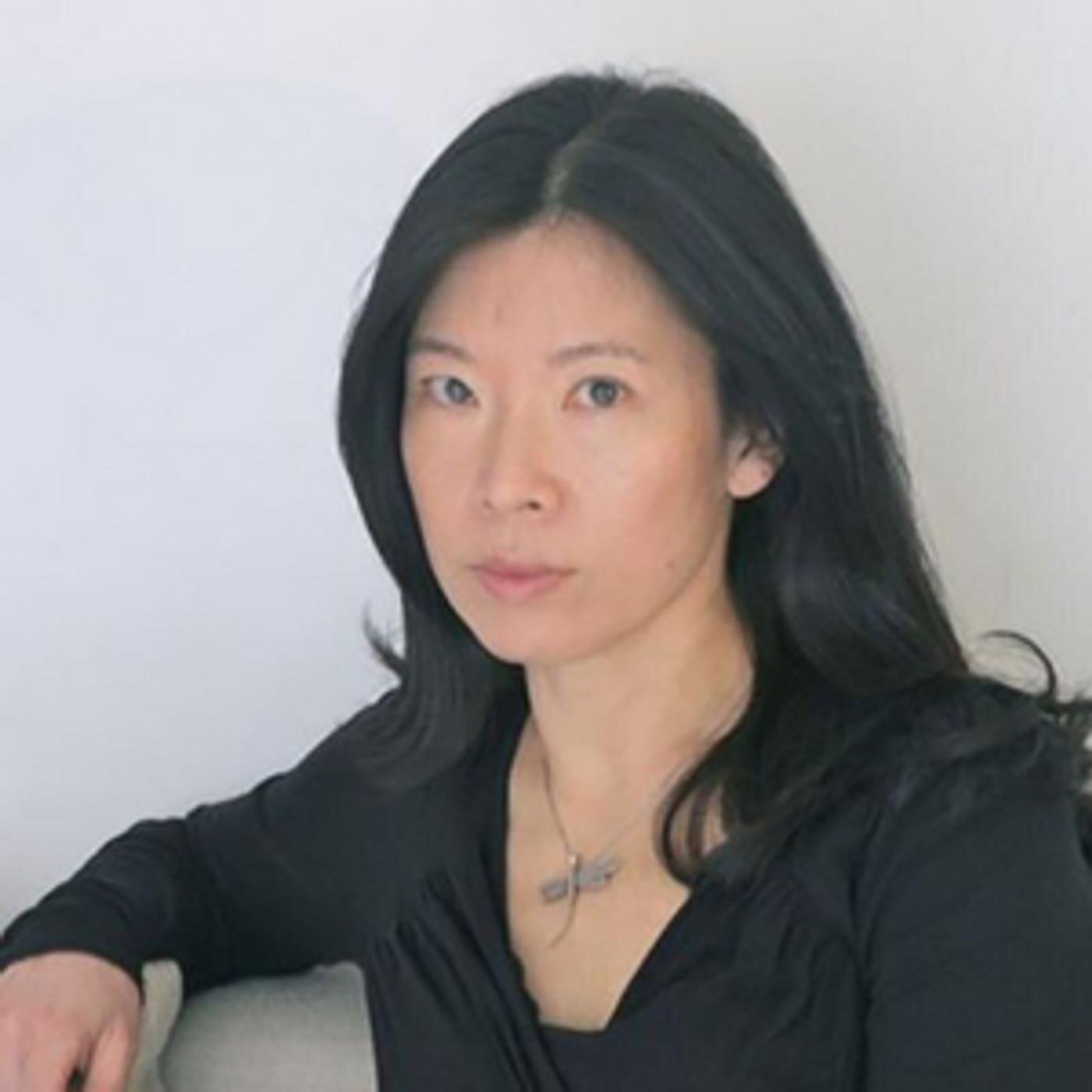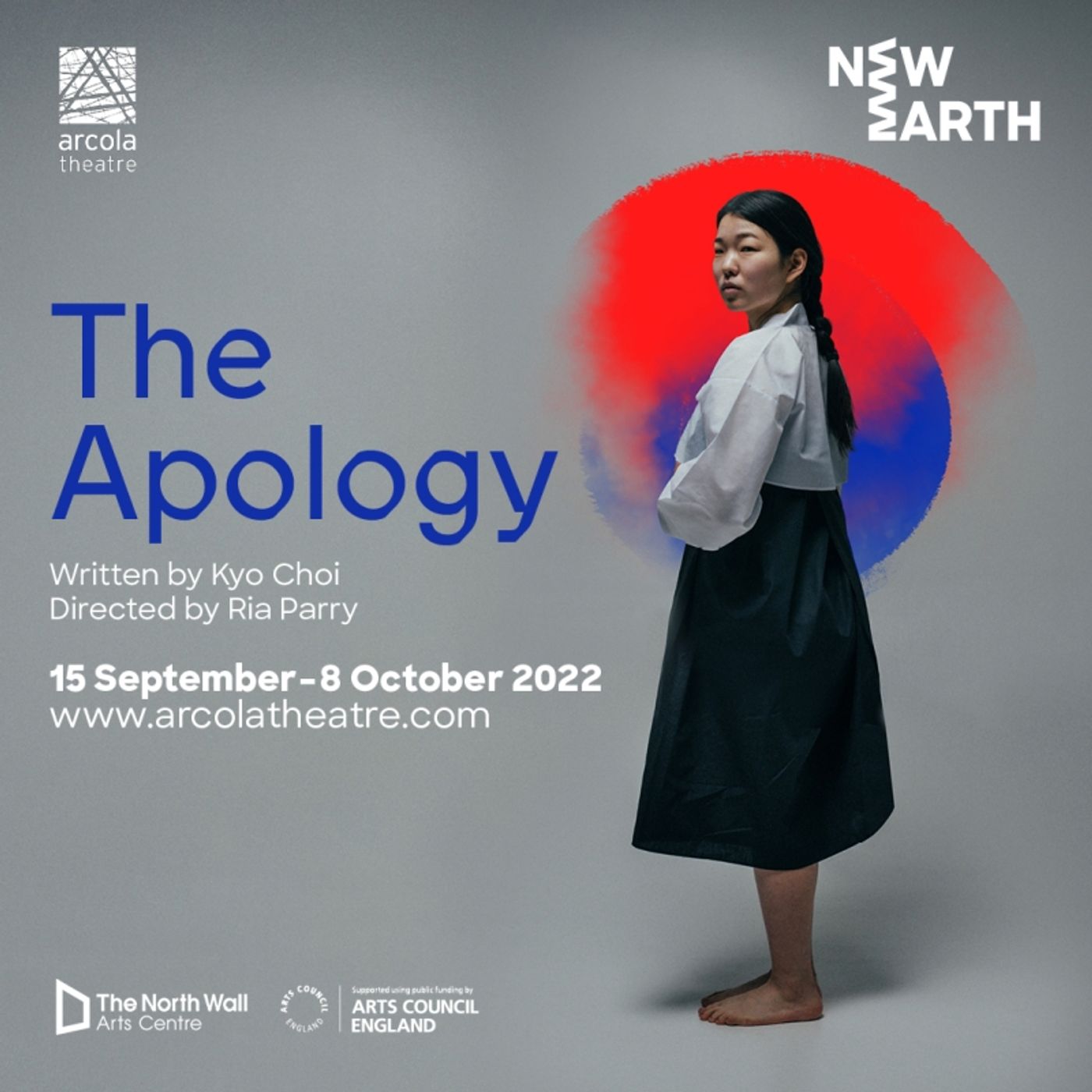Guest Blog: Kyo Choi on THE APOLOGY- Why It Isn't 'Just' Another Asian Trauma Story
The Apology is at the Arcola Theatre from 15 September through 8 October.

A couple of years ago, I was walking with a friend on Hampstead Heath. We were discussing the subject of my upcoming play, 'The Apology'; what the Imperial Japanese Army in WWII called their ianfu, translated directly as "comfort women." They were, in fact, sexual slaves. Many were from Korea when it was under Japan's colonial rule. My friend asked me, "could your mother have been one of those women?"
I was shocked and replied defensively, "Of course not!" It didn't bear thinking that my mother could have been "one of those women." They were raped repeatedly, daily, under conditions that were indescribably traumatic. Horror wasn't my only feeling. The other feeling might have been inchoate had I not written two plays last year about the "rape culture" in U.K. schools. I know it's what women often feel when they've been sexually violated. My mother was never a sex slave. But I felt it, nevertheless: shame.
It's the reason why South Korean Kim Hak-soon hid her past until 1991 - forty-six years after the war ended - when she spoke out about her sexual slavery during wartime. Shame. The same feeling that a character in my play, Min, harboured toward his wife, a former "comfort woman." Shame. Sexual violence is the perfect crime. Victims often want to conceal it. Perpetrators, thus, don't get prosecuted. The cycle goes on. Until someone decides to break it.
The Apology is a fictional historical story. It's based, however, on testimonies of survivors who came forth in their hundreds after Kim Hak-soon's press conference. These women weren't from South Korea only; China, Taiwan, Philippines, white Dutch descendants in Indonesia among others. Their accounts - consistent in how they were coerced, tricked or outright abducted, forced to work in horrific conditions in Japanese military "comfort stations" all over Asia and as far flung as Papua New Guinea - became a political lightning rod.
 Japan apologised to South Korea as a result. But its subsequent actions, or the absence of genuine actions, only fuelled the flames of anger, demands for justice and a sincere apology. The U.N.'s first country report on Violence Against Women - specifically military sexual slavery during WWII - was published in 1996. It accused Japan of crimes against humanity and outlined multiple ways it could make amends, including accept legal responsibility. Most of these weren't heeded.
Japan apologised to South Korea as a result. But its subsequent actions, or the absence of genuine actions, only fuelled the flames of anger, demands for justice and a sincere apology. The U.N.'s first country report on Violence Against Women - specifically military sexual slavery during WWII - was published in 1996. It accused Japan of crimes against humanity and outlined multiple ways it could make amends, including accept legal responsibility. Most of these weren't heeded.
It brings to question one of the themes of my play: how does a nation apologise for the crimes of its past? Germany succeeded in doing so (it took time), why not Japan? There are too many twists and turns to list what happened bilaterally between South Korea and Japan since Kim Hak- soon spoke out. When Angela Merkel visited Japan in 2015, she spoke of the "comfort women" survivors, a cue for then Prime Minister Shinzo Abe to acknowledge the atrocities. Suffice it to say, the few remaining survivors in South Korea - eleven, according to a news report in May - haven't been vindicated. This is the tragic ending of a story about Asian trauma.
As a writer though, it doesn't end there for me. The play isn't "just" another trauma story in some country - my country - in East Asia. A key strand that runs through the play explores why post- war reconciliation by Japan never happened the way it did in Germany. The Cold War, geopolitics and America's need to consolidate its allies against the Soviet Union and China weighed in heavily in the matter.
I won't go into the details here. What I will go into is the hope that the audience will connect a past atrocity to world events today. The story is a personal drama of three women framed against great political tensions of their time. They dared to speak truth to power (and patriarchy), emboldening others to do so and precipitated change. Their quest amplified the hushed-up reality of sexual violence, as #MeToo did, and other urgent issues that envelop us now: governments covering up atrocities, women's bodily autonomy, revisionism, misogyny and the legacy of colonialism. Finally, 'The Apology' is a universal story of defiance by those who would otherwise be forgotten, marginalised or silenced for a larger agenda.
Shame works both ways. The shame of the victim and that of the perpetrator for being caught, or "called out" in modern speak. Collective shame is a force to be reckoned with, whether of the survivors or a perpetrating nation. It doesn't mean this story has a neat answer or solution. But it can fuel public discourse about human depravity and mercifully, the counterforce of morality and hope. It's a perpetual struggle transcending time and place. That's worth writing about.
The Apology is at the Arcola Theatre from 15 September through 8 October.
Videos

